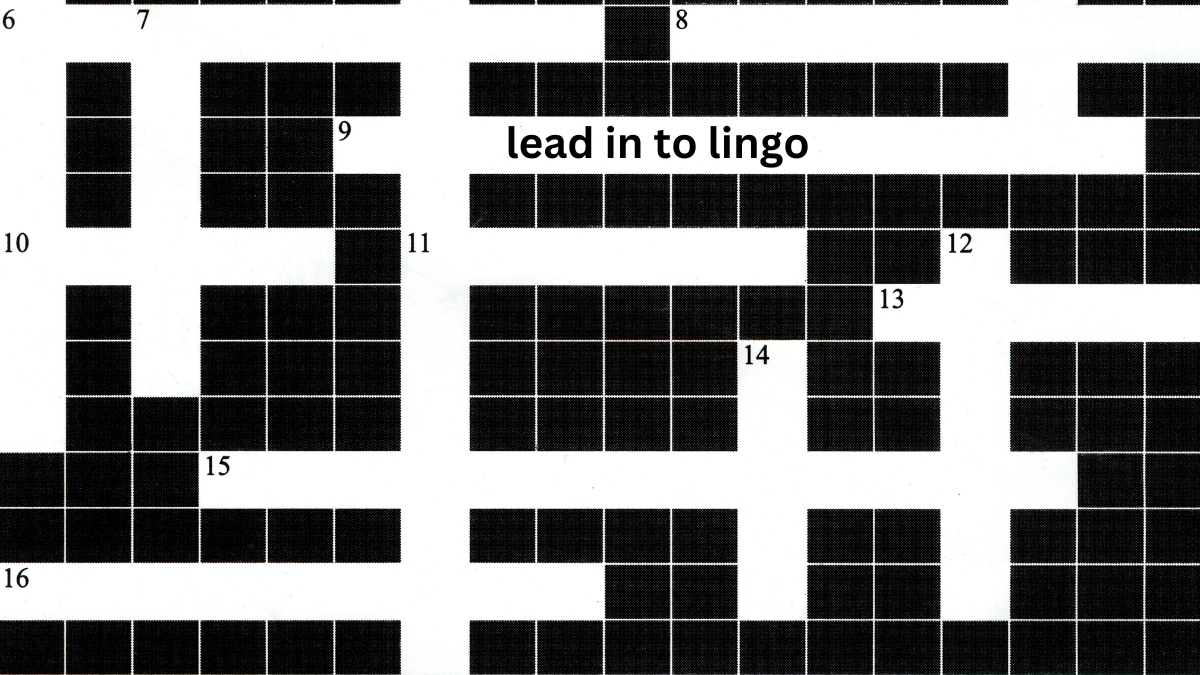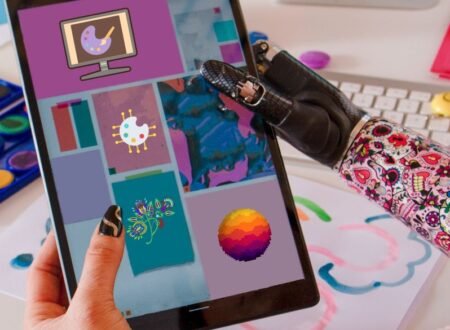Crossword puzzle fans know that a good clue in the New York Times is both fun and tough. So when you see a clue like “Lead-in to lingo,” the word-merging starts to get going in minds of both language lovers and crossword enthusiasts. But what’s the secret to solving such clues, and what light can they throw on English and the fun of crossword puzzles?
Introduction
The trick to solving the clue “Lead-in to lingo” lies with an ability to work with words and an understanding of the subtle hints which pervade all of the clues in each crossword puzzle. People doing this particular puzzle were asked to ignore the superficial meaning and think of words as prefixes, as clues about certain types of jargon or expressions, and even indicators for different types of speech patterns. The word “argot,” therefore, quite fittingly provides an answer to this quiz by being itself typical specialized language – a word which means secret speech or jargon among a particular group of people.
In effect, this lead-in clue encourages those who succeed at it to look more closely at the subtle shifts in grammar and meaning undergone by language as it moves through different situations. It is another fascinating side to the uniqueness of crossword puzzles as a vehicle for linguistic adventure and discovery. It isn’t just a matter of finding the words that fit “Lead-in to lingo”- one needs to explore its multitudes of layers. The New York Times puzzle reminds us through such clues that for people living in different places and times, language can be both a tool and art form constantly changing like a living thing to suit its purpose.
The Definitive Clue to Crossword Art

A cryptic clue in crosswords is not just a test of knowledge; it’s also a prompt to think outside the box and play with words. A “Lead-in to lingo,” for example, would ask for either a prefix which could go with one of these words (the lead is “in”) or something altogether different; an allusion to something else on top of lingo perhaps. Solving crosswords can often seem like nothing more than deciphering cryptic messages themselves and clues such as this unlock the mystery gate with ease.
About “Lead-in to lingo”
At first sight, the phrase “Lead-in to lingo” may flummox even those who are experts in codeword solving. Clearly, we are looking for an introduction or prefix which can be directly attached to the word ‘lingo’, a colloquial word for language. The answer is usually a lot simpler than you might imagine it to be and may even abbreviate ‘lingo’ or rundown some related concept.
Techniques for Tricky Clues
Here are some strategies you can use when confronted with elusive clues:
Find Prefixes and Suffixes:
Divide the words into possible parts and look for prefixes or suffixes which would usually precede or follow that word.
Make Word Play:
The clues on a crossword are often based around puns, homophones, or other kinds of word play. Ponder how “lingo” could properly be used in everyday English or become an aspect of some larger expression.
Background Information:
Sometimes a clue involves relying on idioms, pop culture, history, or other fields of knowledge.
Check Words Perpendicular to the Clue:
Complete as many of the surrounding answers as possible before turning to a question. This is an excellent place to start your search.
The Joy of Puzzling

“Lead-in to lingo,” for example, brings in this extra layer of complexity and enjoyment. It means that not only must the solver possess a good vocabulary, but even use clever thinking and think laterally at times The reward of finding an answer is also the purpose of this kind of exercise and many people make solving the NYT crossword a daily act for this reason.
Conclusion
It may take some out-of-the-box thinking to come up with an answer for “Lead-in to lingo,” but the NYT crossword is sure to reward this kind of cleverness in its crafting of clues Whenever you succeed in cracking a clue like this, the satisfaction is beyond words. It is a feeling of accomplishment and, to some extent, linguistic revelry. Enjoy!
Instead of “Lead-in to lingo”
Crossword puzzle connoisseurs know that the pleasure lies not only in the answers, but in tracing the path your mind takes until you arrive there.If the clue is “Lead-in to lingo,” then change the hunt to alternatives capable of being equally hard and satisfying.When the puzzle was launch, a tempting alternative presented itself : “Introduction to Jargon.” The answer, like the original, at once appealed to solvers’ interest in this difficult and specialized language.Thus, “Introduction to Jargon” caters to the essence of the puzzle, invites solvers to tackle new problems–and new opportunities–with fresh energy.Similar to “Lead-in to lingo,” “Introduction to Jargon” would lead solvers on a linguistic treasure hunt, helping them relish the splendid discoveries with which such a word-agonie is always so richly replete.
For both crossword fans and lovers of language – Do your recent experiences leave you with any amazing stories about a particular clue that caused desperate confusion or else evoked sheer delight? Leave a comment below with favorite puzzle moments.
Frequently Asked Questions (FAQs)
Q: How often is the New York Times crossword publish?
A: The New York Times crossword is publish daily, with puzzles steadily rising in difficulty from Monday through Saturday. On Sundays, the newspaper publishes a larger and more challenging puzzle, which many enthusiasts love.
Q: Can I solve the NYT crossword puzzle online?
A: Yes, you can solve the NYT crossword puzzles on line. Their puzzle service subscription also brings you access to an extensive archive of previous puzzles.
Q: Are there any tips for beginners?
A: It is recommend for beginners to start with Monday puzzles, as this is the easiest of the week. Other tips for beginners are to look for fill-in-the-blank clues because they are easier and to learn common crossword puzzle words and clues.
Q: What should I do if there is a clue that stumps me?
A: If you get stuck, try to fill in some of the answers surrounding it, as that can give you clues. You may also want to take a break and try later with fresh eyes or ask a friend for a different perspective.
Q: What of use can crossword puzzles be consider?
A: Crossword puzzles are great for keeping the mind sharp and effective vocabulary-building tools. They aid in lateral thinking and even improve understanding of other subjects such as history, culture, and science.






